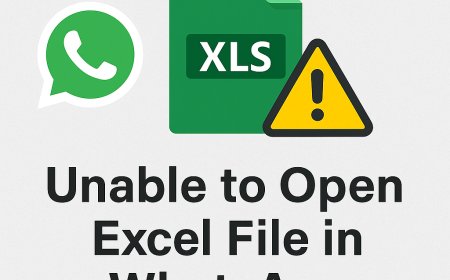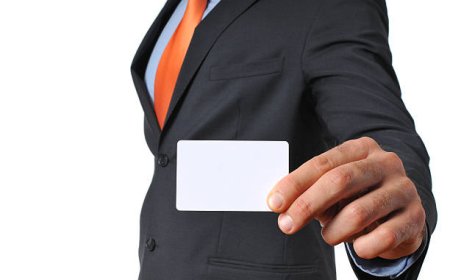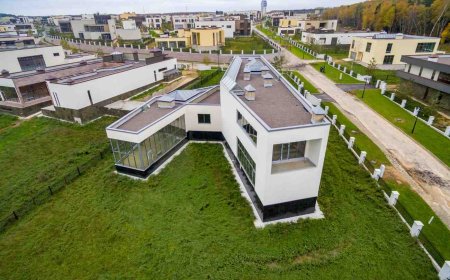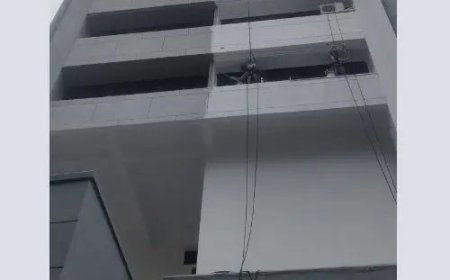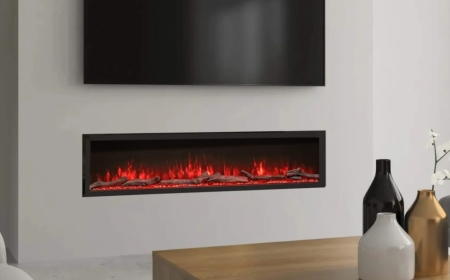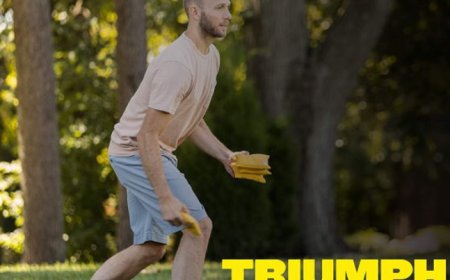Can You Detect a Slab Leak Yourself? 5 DIY Tips Before Calling a Pro
Think you have a slab leak? Discover 5 simple DIY tips to detect it yourself before calling a pro. Learn what signs to look for and what to avoid.

If youve ever noticed mysterious damp spots on your floor, unexplained spikes in your water bill, or the faint sound of running water when everythings offwelcome to the club. Ive been there. A few months ago, I had the sinking suspicion something was off beneath my concrete slab. Turns out, I was right. Slab leaks are sneaky, but with a little DIY detective work, you might be able to spot the signs before calling in the cavalry.
Heres what I learned (and wish Id known sooner) about detecting a slab leak yourself.
What Is a Slab Leak, Anyway?
A slab leak occurs when pipes beneath your homes concrete foundation spring a leak. Since these pipes are buried, leaks arent always obvious until you start seeing water damage, hear running water, or notice higher water bills. In my case, it started with warm tile floors in July. Not exactly cozy.
5 DIY Tips to Detect a Slab Leak
1. Monitor Your Water Bill Closely
If your usage hasnt changed but your bills skyrocketing, thats a red flag. I tracked mine for two months before realizing it was way off.
2. Try the Water Meter Test
Turn off all water in your house. Check the water meter and wait an hour. If the numbers move, theres likely a hidden leakpossibly under your slab.
3. Look for Warm Spots on the Floor
This was the biggest giveaway for me. Id step into the kitchen andbaman oddly warm tile. Leaks from hot water lines often cause warm patches on concrete floors.
4. Listen for Running Water
At night when the house is quiet, I could hear faint hissing. Turns out, my pipes were whispering, Help me!
5. Check for Mold or Mildew
That musty smell? It could mean waters been sitting under your flooringgross and unhealthy. I pulled up a corner of carpet and, yep, mold city.
DIY Tips for Success
-
Keep records: Track your water usage and note changes.
-
Dont ignore small signs: Slab leaks start small but can cause serious damage fast.
-
Use tools like thermal cameras: I borrowed one from a friend, and it helped spot heat anomalies.
Common Mistakes to Avoid
-
Waiting too long to act: Trust your gut.
-
Tearing up floors prematurely: Diagnose before you demo.
-
Assuming it's always the pipes: Sometimes it's your water heater or appliances leaking instead.
Final Thoughts
Detecting a slab leak yourself isnt impossibleit just takes a bit of curiosity and observation. Im glad I trusted my instincts early. If you suspect a leak, these DIY tips can help you confirm it before spending on a professional. But when in doubt, dont wait too longslab leaks can cause major structural issues.
Have you ever had a slab leak scare? Share your story or ask a question in the commentsId love to hear how your detective work went!
FAQs: Detecting Slab Leaks at Home
Q: Can I fix a slab leak myself?
A: Small signs can be detected DIY-style, but actual repairs should be left to licensed pros.
Q: How much does it cost to repair a slab leak?
A: Depending on the severity, expect anywhere from $500 to $4,000+ for repairs.
Q: What causes slab leaks?
A: Corrosion, poor construction, shifting soil, or even water pressure changes over time.
Q: Can a slab leak go unnoticed for years?
A: Unfortunately, yes. Thats why regular inspections and monitoring are crucial.
Q: Are slab leaks covered by homeowners' insurance?
A: It depends on your policy. Most cover the damage caused, not the leak itselfcheck the fine print!

















